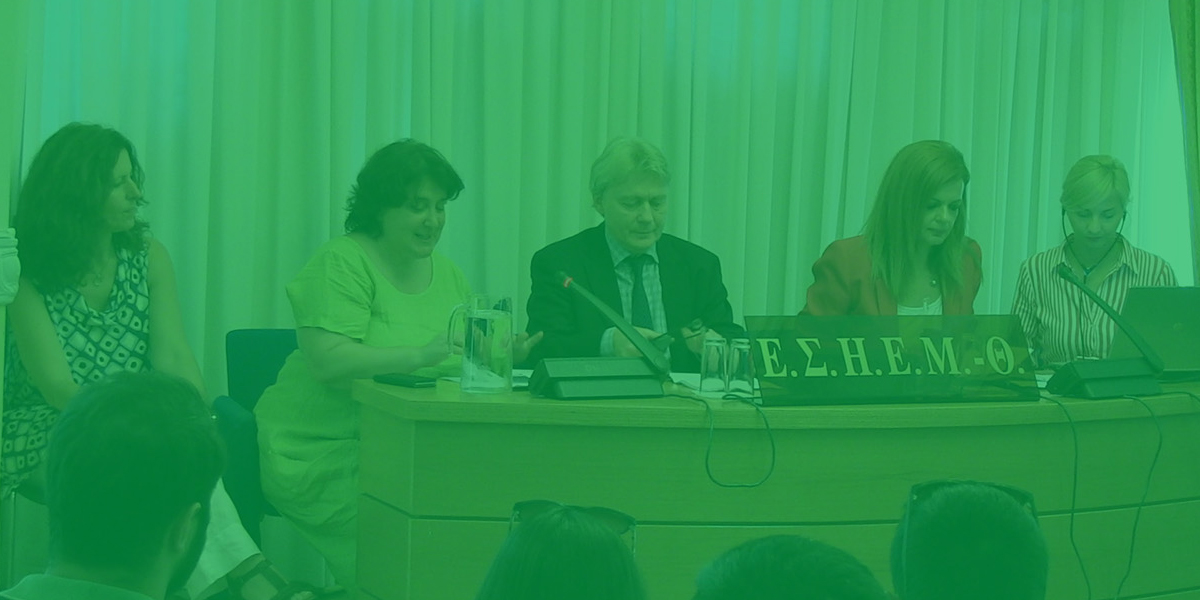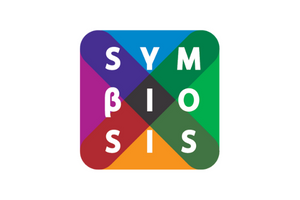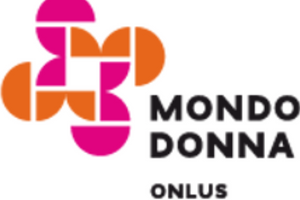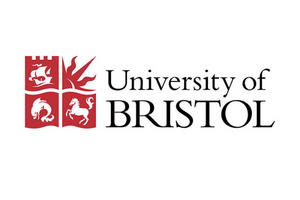The project aimed to examine, treat and prevent sexual gender-based violence (SGBV) against refugee and asylum seeker (RAS) women. SGBV is an umbrella term which refers to any sexual act perpetrated against a person within the framework of asymmetric power relations based in gender; it includes: sexual abuse, forced prostitution, sexual exploitation, human trafficking and violence that occurs within a close relationship. It is a well-known phenomenon across Europe and the Mediterranean, and the need to strengthen protective measures for RAS women and girls, including those hosted in reception facilities, has been widely argued for by international human rights agencies and institutions.
The difficulties in identifying and treating sexual violence against women is evident in the management of refugee reception services. On the one hand, victims tend not to report violence for a variety of reasons, including the uncertainty of their circumstances and the fear of retaliation, to name a few. At the same time, public officials, humanitarian agents and social workers in the reception systems are not trained to deal with SGBV and lack the tools and capabilities to effectively implement measures of violence prevention, recognition and protection.
ASVARW aimed to:
- Raise awareness at a local level among staff involved in the RAS reception system.
- Train professionals and social workers who have close contact with RAS women on how to deal with SGBV.
- Empower RAS victims of SGBV, giving them a leading role in the movement against SGVB in their communities.
Activities
- A training-needs assessment for professionals and social workers working at reception facilities on identifying, recognizing and treating SGBV against RAS women.
- Training professionals who are the first contact for RAS victims of SGBV.
- A pilot action on training RAS women on countering SGBV and acting as reference points for women from their communities (community “antennas”).
- A pilot action establishing a multidisciplinary contact team to support RAS women who are victims or potential victims of SGBV.
- A pilot action in reception centers, camps and shelters to monitor the effectiveness of the interview/talk model proposed by the multidisciplinary teams.
- Raising awareness of the project’s results and conclusions, including materials and documents available online, and networking at on a community level.







